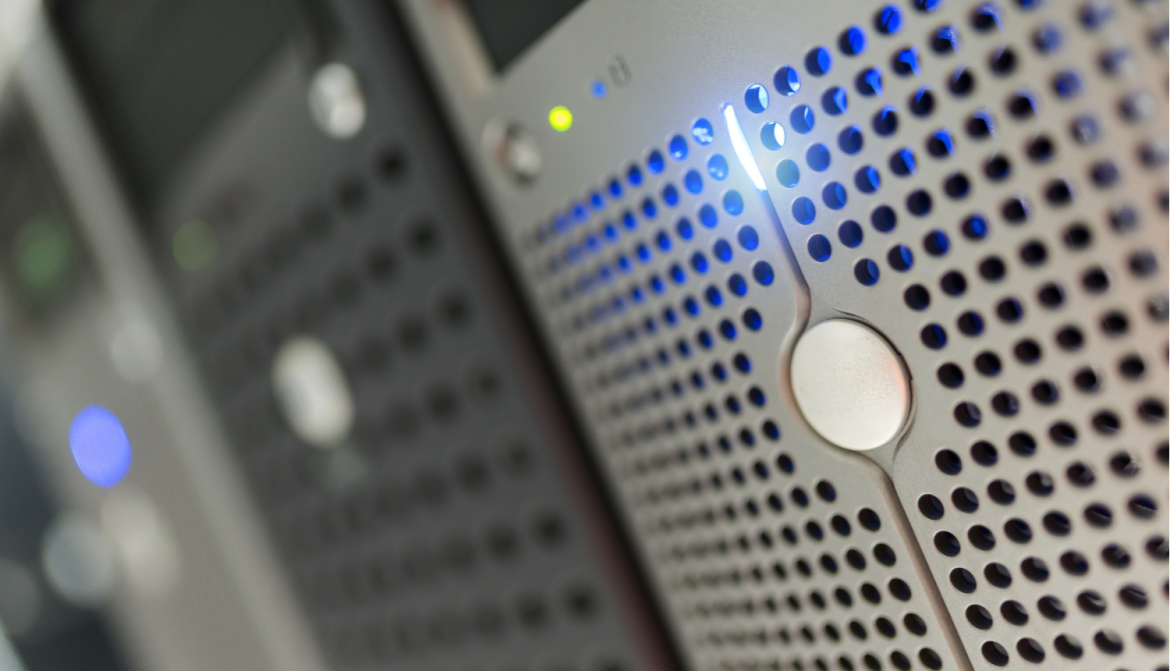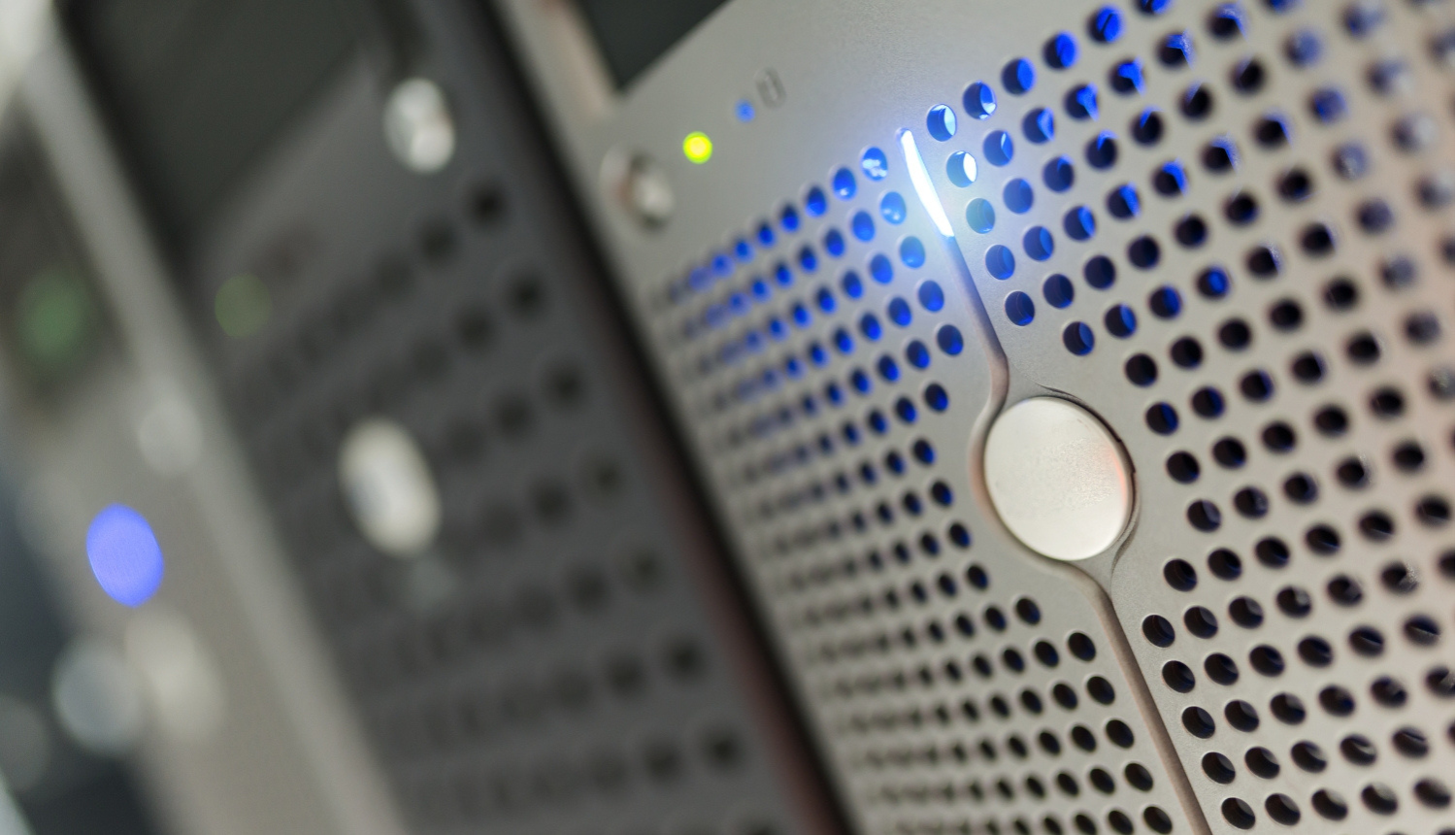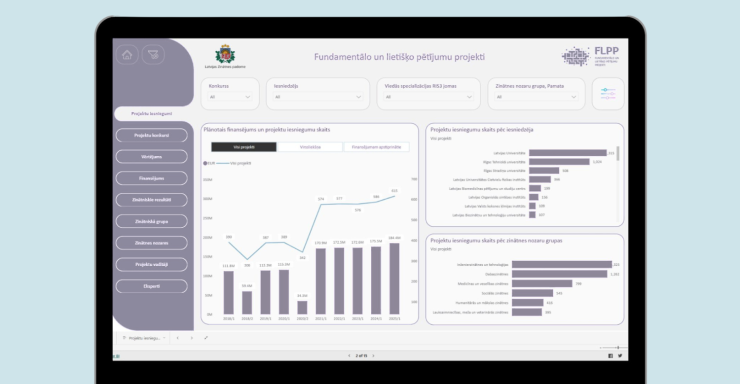The Cabinet of Ministers (CM) has approved the implementation conditions prepared by the Ministry of Education and Science for an EU Structural Funds co-financed project, within which a new master's study program will be developed and implemented, focusing on the use of cybersecurity and artificial intelligence (AI) technologies. The total planned funding for the project until 2029 is €8,736,200, of which 85% will be provided by the European Regional Development Fund (ERDF).

According to the CERT.LV report “2024 in Latvia's Cyberspace”, in 2025 and beyond, the diversity and intensity of cyber incidents are expected to increase, and AI will become a significant factor in both cyberattacks and cyber defence. Therefore, considering the growing use of AI technologies, the development of the Internet of Things, geopolitical risks, and the importance of digital security, Latvia needs to increase the number of specialists with advanced skills in addressing AI and cybersecurity challenges.
Under Action 1.1.2.1, “RIS3 Industrial Skills,” the project's investments focus on targeted investments in human capital and enhancing excellence in the field of information and communication technologies (ICT). The goal is to develop the skills necessary for AI and cybersecurity among university and research institution staff, as well as employees of public institutions, organisations, and enterprises, and to promote the increase of high-level digital competencies for enhancing societal security, advancing research, and fostering high-value-added entrepreneurship.
Two Latvian research universities will collaborate on the project: The University of Latvia (UL), as the project applicant, and Riga Technical University (RTU), as the cooperation partner. By November 30, 2029, they will jointly develop, pilot, and implement a master’s program specialising in the use of cybersecurity and AI technologies, ensuring that at least 40 students graduate with a master’s degree during the project period. This solution was chosen because over the past five years, UL and RTU together have produced 85% of the ICT specialists trained by Latvian public universities and have carried out 76% of the research in information and ICT-related scientific fields.
As part of the project, two tenured professorships in cybersecurity and AI will be created at each university, with qualified professionals recruited to these positions. At least 12 doctoral students will support the tenured professors. Additionally, professional qualification standards for careers in cybersecurity and AI technology will be developed. It is planned that at least 390 employees from small and medium-sized enterprises (SMEs) will acquire specialised advanced skills in cybersecurity and AI technologies. Moreover, at least 130 SMEs will make complementary investments in smart specialisation skills development, leveraging €522,495 in public support with additional private investment.


